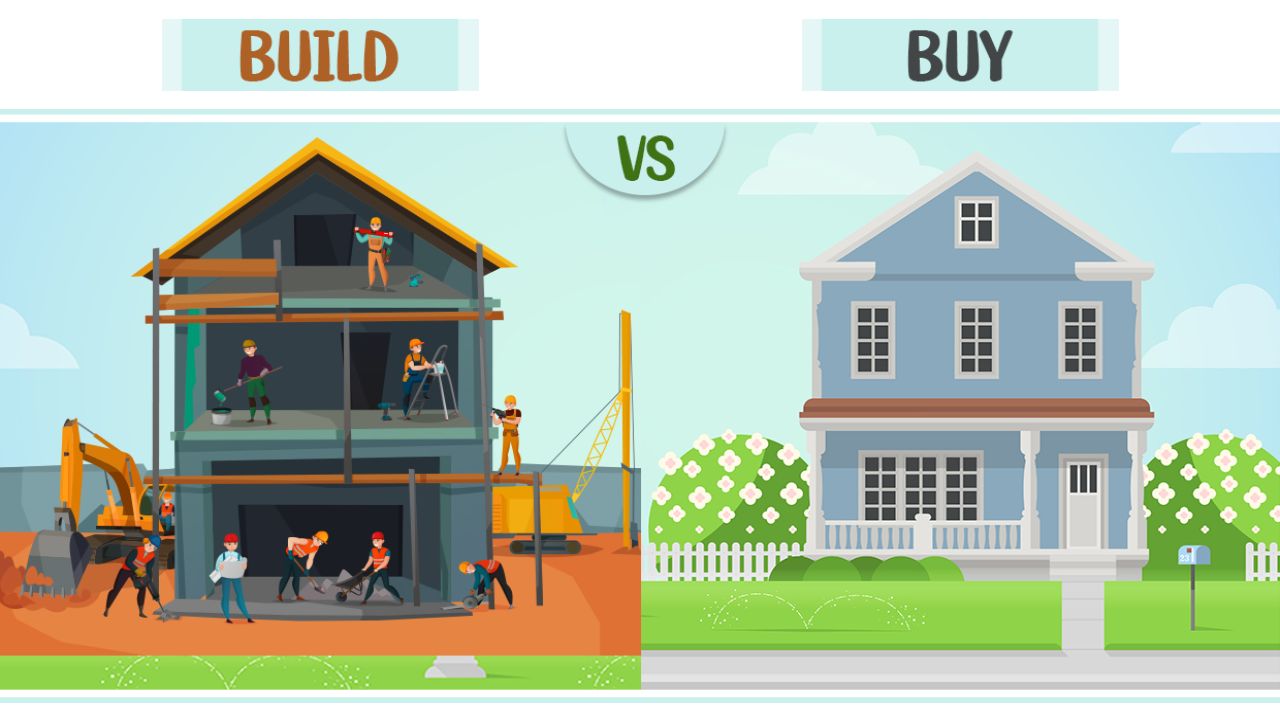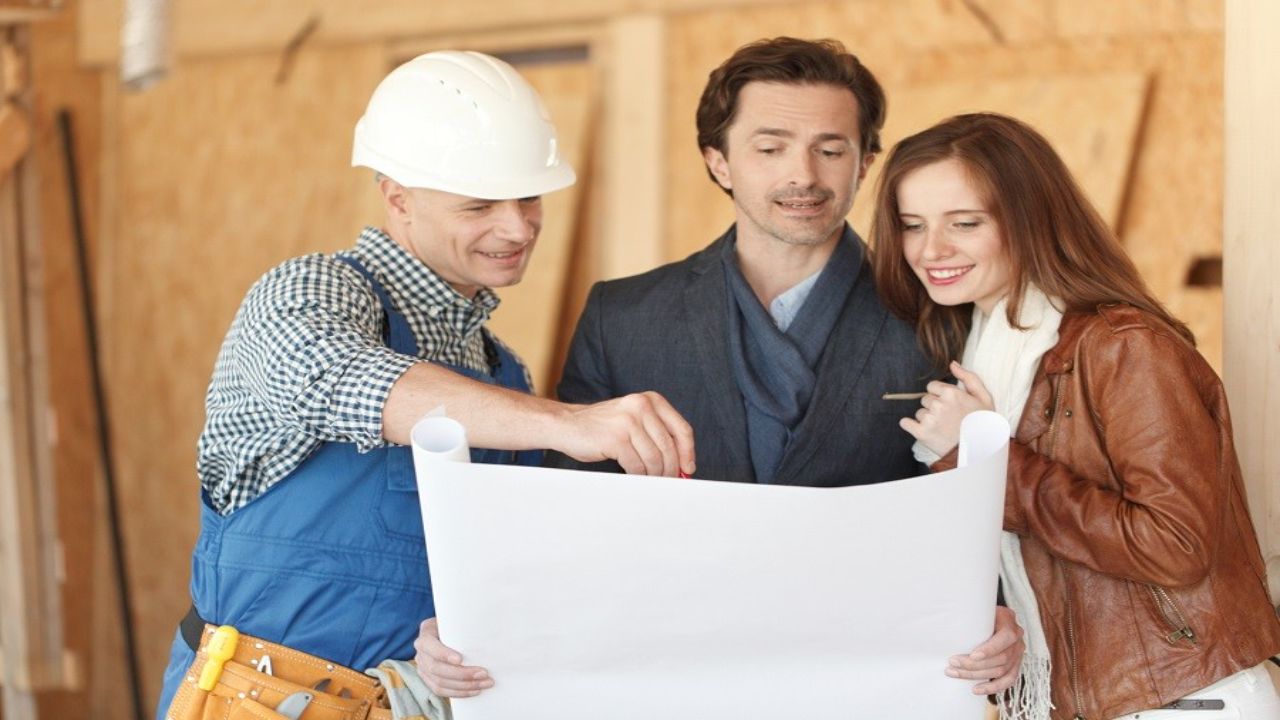When it comes to finding a home, prospective homeowners often find themselves at a crossroads: should they build a new house from scratch or opt for the convenience of purchasing an existing one? Many people sell their houses, wondering, “How can I sell my house fast in Raytown?” or “How can I sell my house fast in Chicago?” and it can be the perfect option for some buyers.
Both options have their merits and drawbacks, and the decision hinges on various factors. In this article, we’ll explore the pros and cons of each approach, helping you make an informed choice that aligns with your lifestyle, preferences, and financial situation.
Customization and Personalization
Constructing a new home allows you to unleash your creativity. You get to design every nook and cranny, from the layout to the finishes. Want an open-concept kitchen with a massive island? No problem. Dreaming of a sun-drenched reading nook overlooking the garden? You can have it. Building new provides unparalleled customization, ensuring that your home reflects your unique taste and lifestyle.

Purchasing an existing house, on the other hand, limits your customization options. While you can certainly make cosmetic changes, structural alterations might be cost-prohibitive or even impossible. If you’re not keen on making design decisions or prefer a move-in-ready home, buying an existing property might be the way to go.
Time and Effort
Building a house is a labor-intensive process. You’ll need to coordinate with architects, contractors, and suppliers. Permits, inspections, and unforeseen delays can significantly extend the timeline. Patience and meticulous planning are essential. However, the end result—a home tailored to your desires—is worth the effort.
Purchasing an existing home is comparatively quicker. Once you find the right property, the closing process can move swiftly. No waiting for foundations to be poured or walls to rise, but you’ll need to accept the house as-is, with any quirks or imperfections it may have.
Cost Considerations

While building a new home allows you to control costs, it can also be more expensive upfront. Land acquisition, architectural fees, and construction expenses add up. Nevertheless, energy-efficient features and modern materials can save you money in the long run.
Existing homes often come with a lower initial price tag. However, hidden repairs or outdated systems might surprise you later. Factor in maintenance costs and potential renovations when evaluating the overall expense.
Environmental Impact
Constructing a new house gives you the chance to incorporate eco-friendly features. From solar panels to efficient insulation, you can minimize your environmental footprint. Plus, modern building practices adhere to stricter energy standards.
Older homes may lack energy-efficient upgrades, but renovating an existing property to meet green standards is possible. Consider the existing home’s environmental impact and weigh it against the benefits of a new build.
Neighborhood and Location
When you build, you’re not just creating a home; you’re shaping your neighborhood. Choose a plot of land in an area that aligns with your lifestyle—proximity to work, schools, and amenities. Keep in mind that new developments might lack established infrastructure.
Existing homes are already part of established neighborhoods. You’ll benefit from existing schools, parks, and community services. However, the location might not be ideal, and you’ll need to adapt to the neighborhood’s character.
In conclusion, whether you build new or buy existing depends on your priorities, budget, and long-term vision. Consider your lifestyle, preferences, and future plans carefully. Whichever path you choose, remember that a house becomes a home when it resonates with your heart and soul.